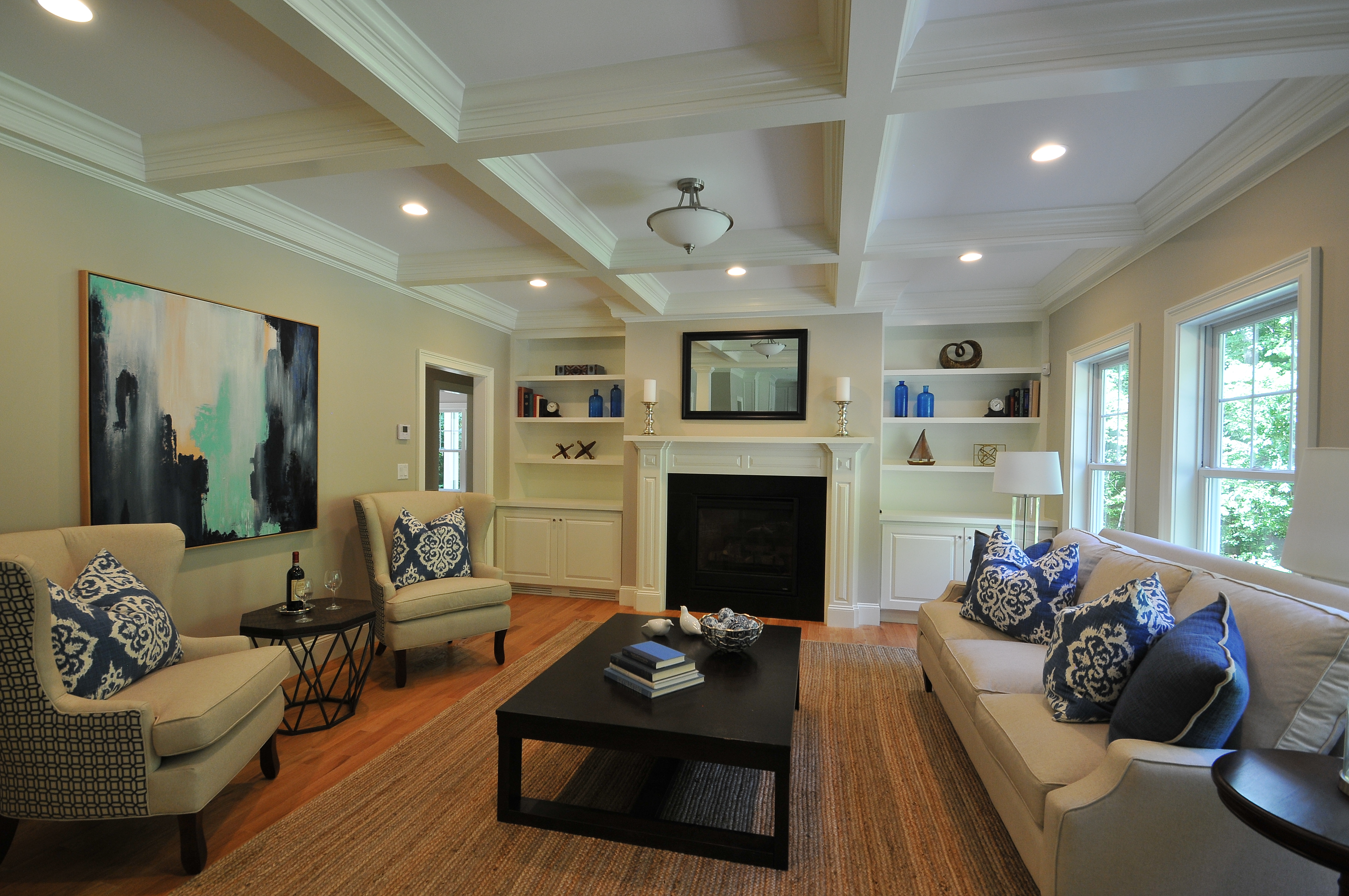Custom Home Builder

We look forward to the opportunity to sit with you and chat one-on-one about your dreams and goals for your new custom home. We’ll answer your questions and concerns about the Orr Homes process and review in depth what we specifically can do for you.
Have Questions?
Main Office
-
Orr Homes LLC
35 Bedford Street, Suite 4
Lexington, MA 02420Phone: 781-862-1663
Email: [email protected]
